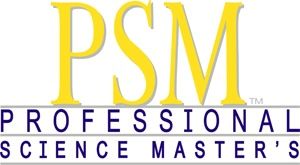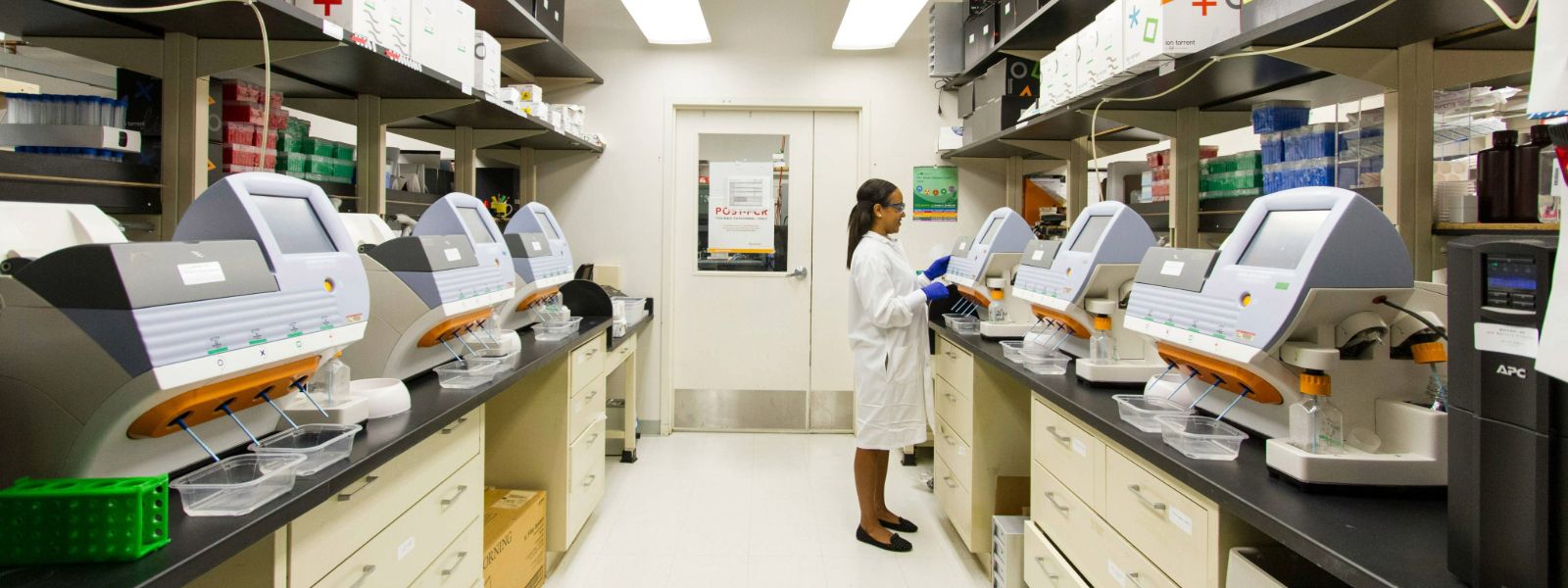News
 The Master's in BLM is now a member of the Professional Sciences Masters (PSM) Network, enriching the student experience and the prestiage of your degree.
The Master's in BLM is now a member of the Professional Sciences Masters (PSM) Network, enriching the student experience and the prestiage of your degree.- The GRE is no longer an entry requirement for the BLM.

News
 The Master's in BLM is now a member of the Professional Sciences Masters (PSM) Network, enriching the student experience and the prestiage of your degree.
The Master's in BLM is now a member of the Professional Sciences Masters (PSM) Network, enriching the student experience and the prestiage of your degree.The Department of Medical Laboratory Sciences of Hunter College (MLS/HC) has developed a Master's degree to support career advancement of biomedical laboratory professionals, including MLS alumni. Laboratory personnel may wish to move to management positions in the institutions where they work, or seek positions in other environments. Our partner in this initiative is the School of Professional Studies (SPS) of the City University of NY. The objective of the BLM degree is to provide working laboratory professionals with the knowledge and skills to enter positions of leadership in clinical/diagnostic, research, biotechnology, public health and pharmaceutical settings. These laboratories are dedicated to the diagnosis of disease as well as the full range of basic and clinical research and development.
In spite of expressed need by employers and technologists, there are very few management curricula that focus on this workplace environment. The curriculum (30 credits) is divided between HC, offering science and biomedicine classes and SPS, offering business and management classes. The capstone internship completes the academic program. The MS degree is granted by HC following transfer of SPS courses. Graduates also earn the Advanced Certificate in Management (SPS). MLS and SPS have extensive experience preparing professionals for medical and science laboratories, and business managers in a variety of industries, respectively. The required core curriculum is supplemented by elective courses to address the interests of students, and the varied laboratory specializations in which they work. Graduates will accept positions of management in laboratories, as well as the larger institutions of which they are a part.
Application Deadline
The Spring 2027 application deadline for the Masters in Biomedical Laboratory Management (BLM) is November 1st, 2026. The Fall 2026 application deadline is April 15th, 2026.
Non-degree options are also available. or application details, please visit Hunter College's Graduate Admissions here.
Upon completion of the BLM MS program, students will be able to:
You have been employed as a technologist or in a similar bench role in a biomedical laboratory for at least a year, and are ambitious to use your scientific knowledge to become a leader and decision maker in the lab. You are interested in the financial, personnel and technical aspects of scientific/medical laboratory function as they contribute to human health and scientific progress.
To accept a management position in a biomedical laboratory (research, diagnostic, biotech/pharmaceutical, public health) requires advanced scientific knowledge as well as basic business skills. Too often, such roles in medical and scientific laboratories are assigned based on the technical expertise of the staff member. While this is critical, it is not adequate to allow a smooth and confident transition to leadership. The ability to analyze financial, scientific and human resources is critical for individuals who will be successful leaders. It is with these goals that the curriculum was designed, and will be refined as we learn from our students and employers. Graduates are prepared to accept positions of management within labs, as well as the larger institutions in which they function (hospitals, government agencies, private industries, etc.).
For licensed clinical technologists: Please note that completing the BLM does not provide a license or other formal credential to become a clinical laboratory supervisor or other management role. If this is an area of interest, be sure to study the Public Health Law that defines licensure in these positions and discuss your options with your employer before applying for the BLM.
*The GRE is not required for the MS in BLM.
In any given semester, students take classes at HC, SPS or both. Courses are in traditional format, with extensive use of Blackboard educational software. Emphasis is on real world problems and case studies, including group projects that reflect the diverse expertise of your classmates. Your basic and molecular science background, as well as your experience in the workplace will influence class content. Classes are scheduled on weekday evenings.
A. REQUIRED HUNTER COLLEGE COURSES
B. REQUIRED SPS COURSES
As working professionals, we understand that most students will pursue the degree on a part-time basis. Typically 2-3 years has proven adequate to complete the curriculum, including the practicum. Several of the first graduates (June 2014) have found opportunities for advancement.
The full curriculum is 30 graduate credits. Financial aid is available to CUNY students matriculated in Master’s curricula. As working professionals, it is important to be aware of tuition benefits associated with your employment, union contracts and other sources. The faculty recognizes that some of our students will have completed similar classes in the past. We will carefully examine student records on an individual basis to grant equivalent credit wherever possible to expedite the completion of the degree, and limit cost.
Students may enter the BLM in the Fall or Spring semester. You may begin with HC and/or SPS classes. Applications are submitted online to Graduate Admissions. See the site for deadlines and detailed requirements. Non-degree status may be considered for one semester for students who meet entry requirements.
Applications are currently being accepted for Spring 2026 with a deadline of December 1st, 2025 and Fall 2026 with a deadline of April 15th, 2026 (see site for some exceptions).
